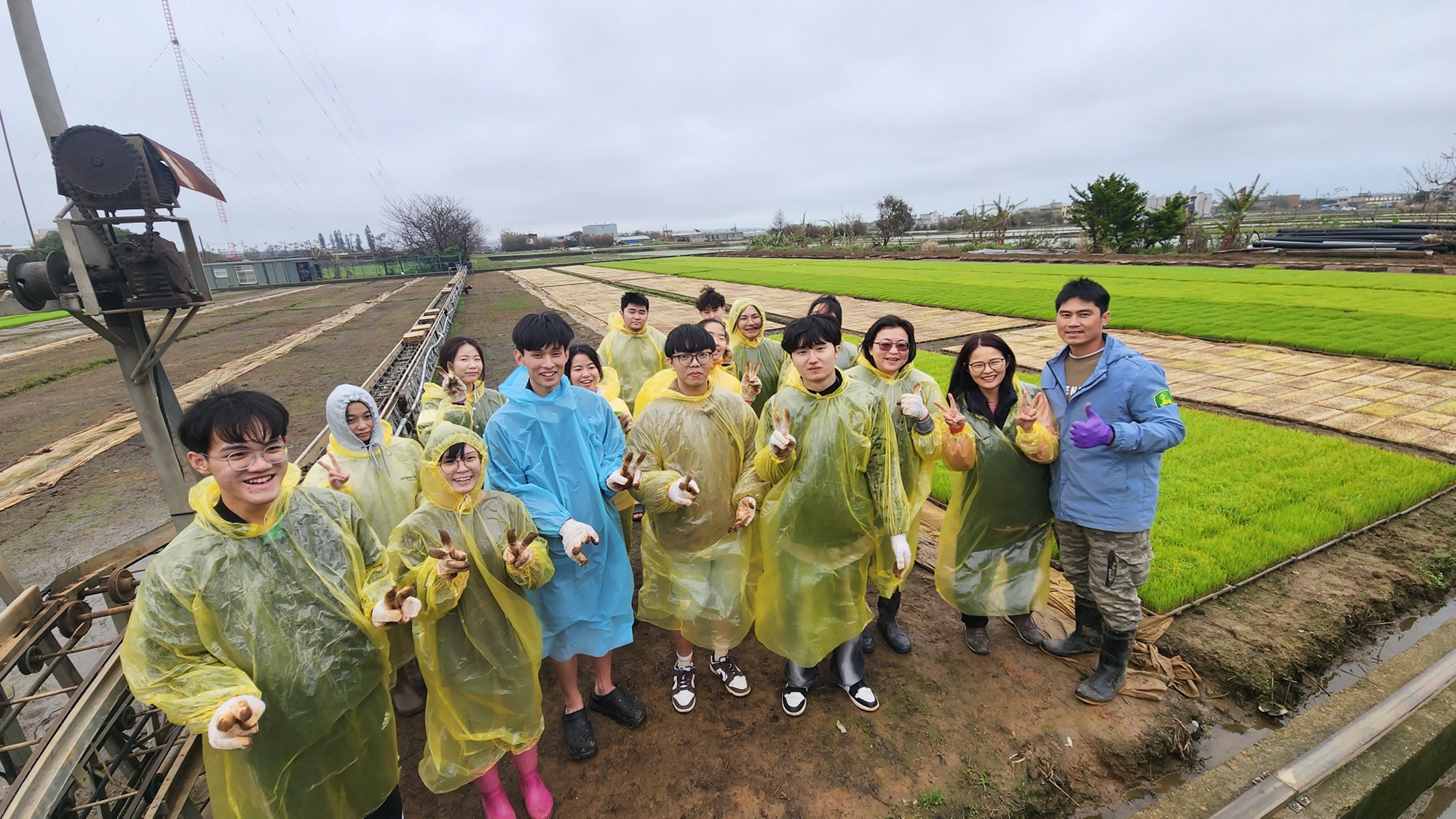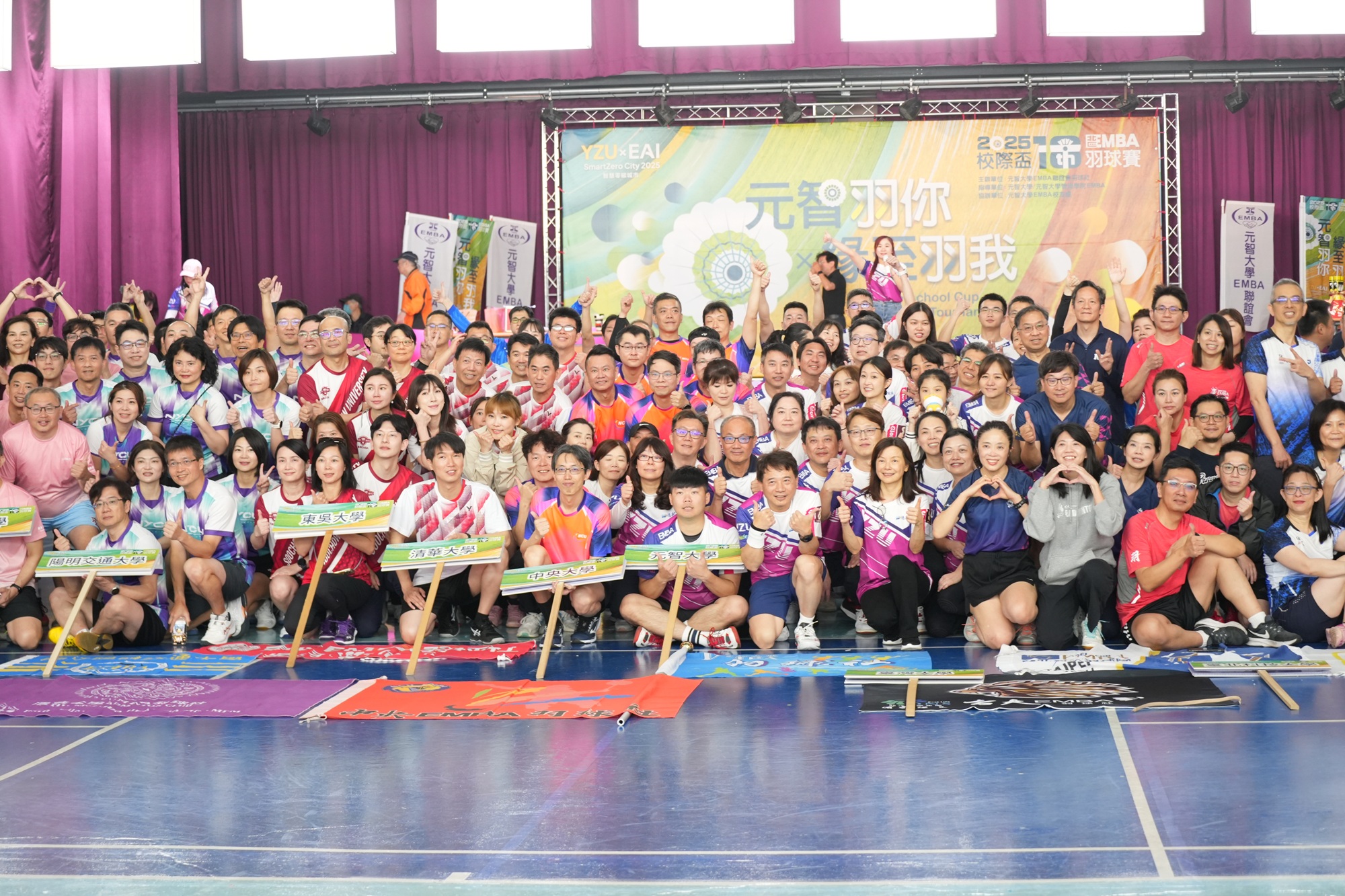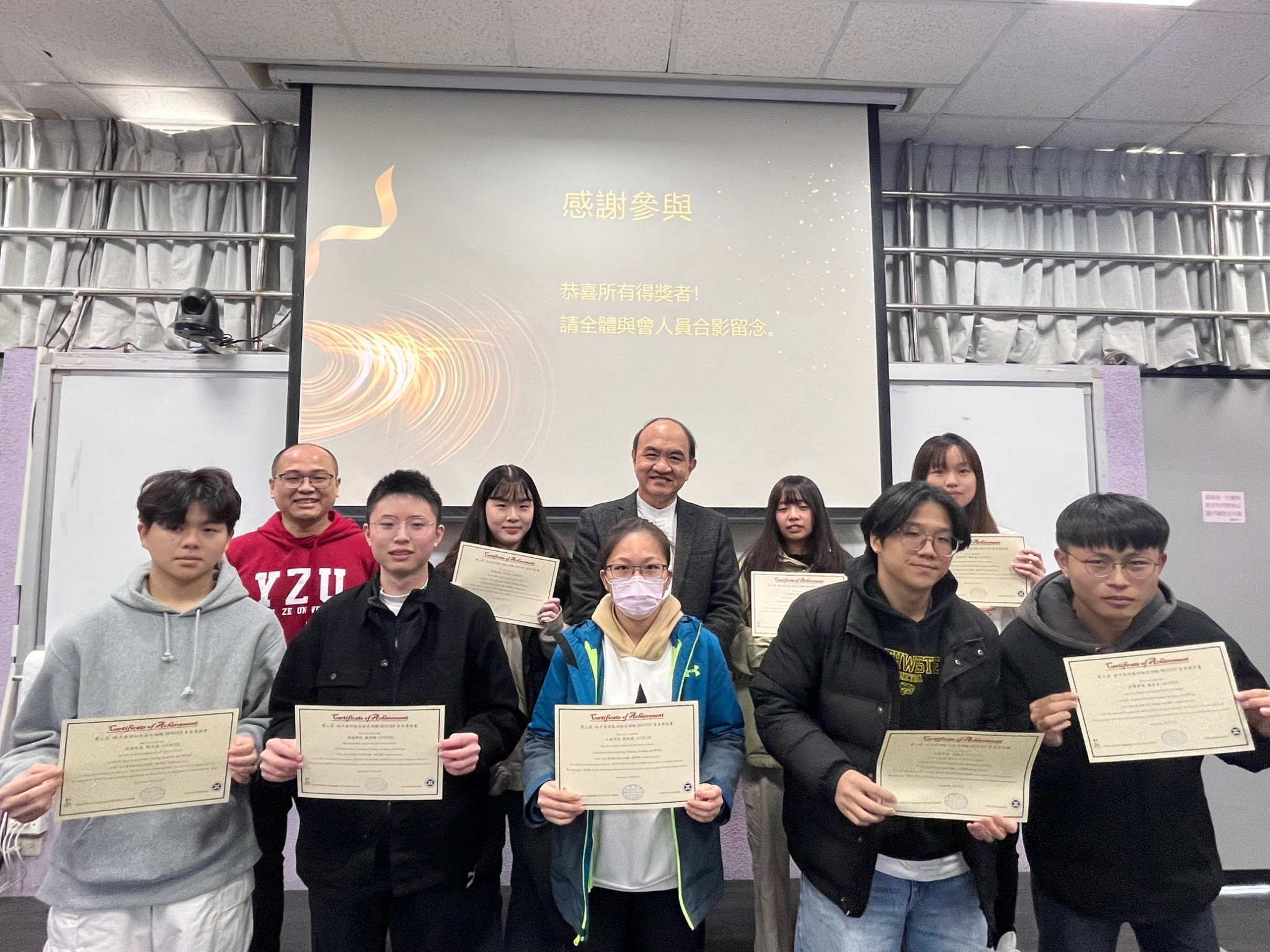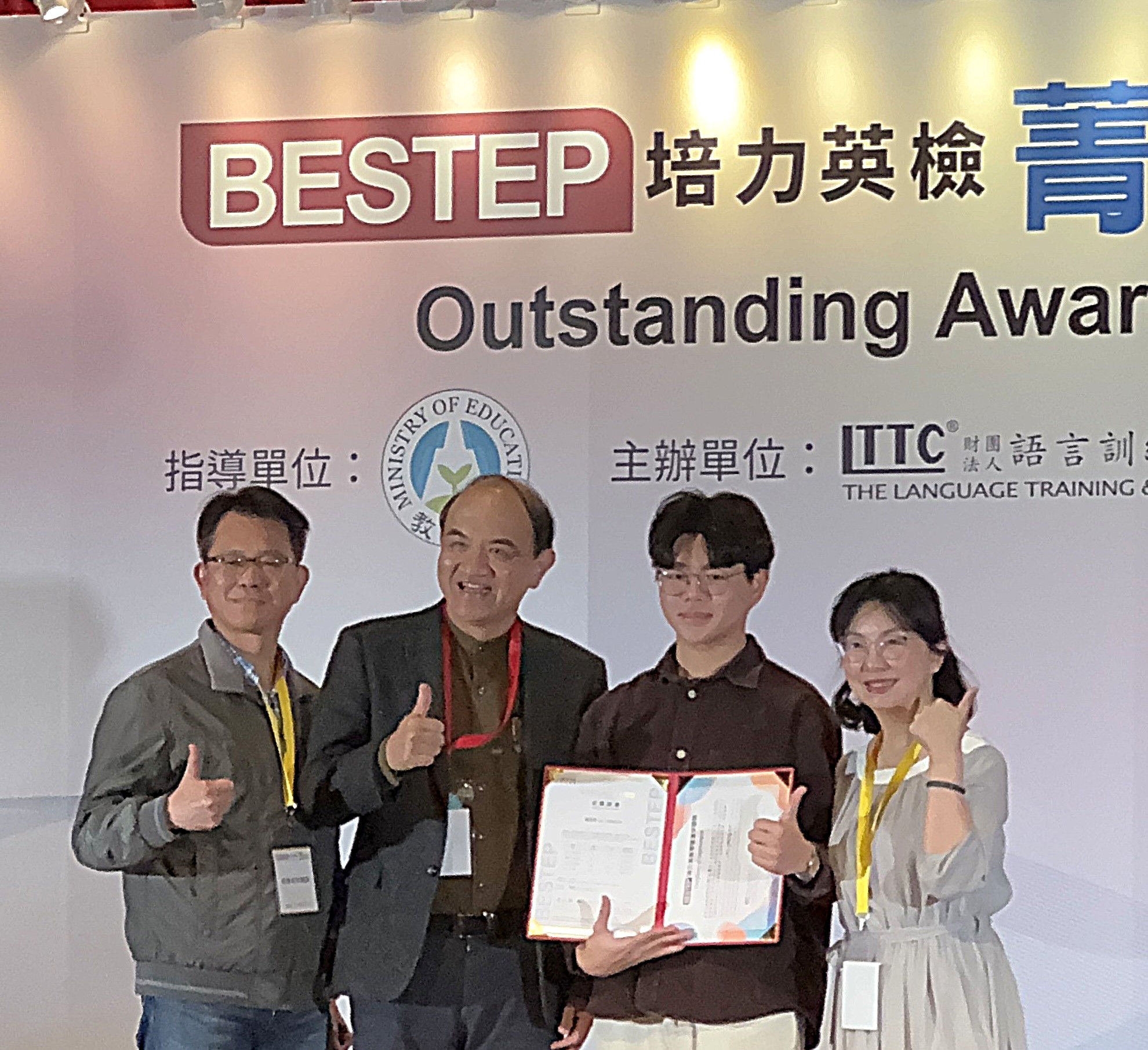Yuan Ze University's Center for Sustainable Development and Social Responsibility offered a cross-disciplinary course this semester titled "University Social Responsibility and Community Development." To allow students to experience firsthand the connection between agricultural ecology and sustainable development, the course took students to the Hefeng Good Food Organic Farm in Xinfeng Township, Hsinchu County. There, students participated in rice farming, learning how to protect food security under the principles of coexistence between technology and ecology.
The course was taught by Professor Wang Xuan, Director of the College of Management and the Center for Sustainable Development. The course was held in two sessions. During the first session, students participated in transplanting rice seedlings, learning how to prepare the seedlings and ensure they received adequate moisture and nutrients. Two weeks later, the students returned to the farm to engage in rolling and transplanting the rice seedlings. They were delighted to find that the seeds they had planted two weeks earlier had grown into lush green seedlings, witnessing the marvel of nature’s vitality.
He Xin-Yu, a student from the College of Management, shared her experience, stating that each step, from organizing the seedlings and mechanical planting to leveling the land, was a test of both technique and experience. Initially, she thought that mechanization could fully replace manual labor. However, after hands-on experience, she realized that farmers still needed to adjust based on soil moisture content and seedling condition to ensure optimal growth conditions. This experience not only challenged the students' understanding of agriculture but also deepened their appreciation for the wisdom and value embedded in farming.
Professor Wang Xuan pointed out that this course was not just about agriculture; it was an immersive sustainable action. Through the course, students participated in key stages of farming, including transplanting seedlings, rolling seedlings, and inserting rice seedlings. They also operated transplanting and plowing machines, experiencing the transformation from manual to mechanized agriculture. The course not only allowed students to witness advancements in agricultural technology but also inspired them to think about how to apply their professional knowledge to support local sustainable development. The course encouraged students to rethink the source of food and the societal value of agriculture, with the hope that they would apply what they had learned in practice, contributing to agricultural development and a sustainable society.
 English
English  正體中文
正體中文 



